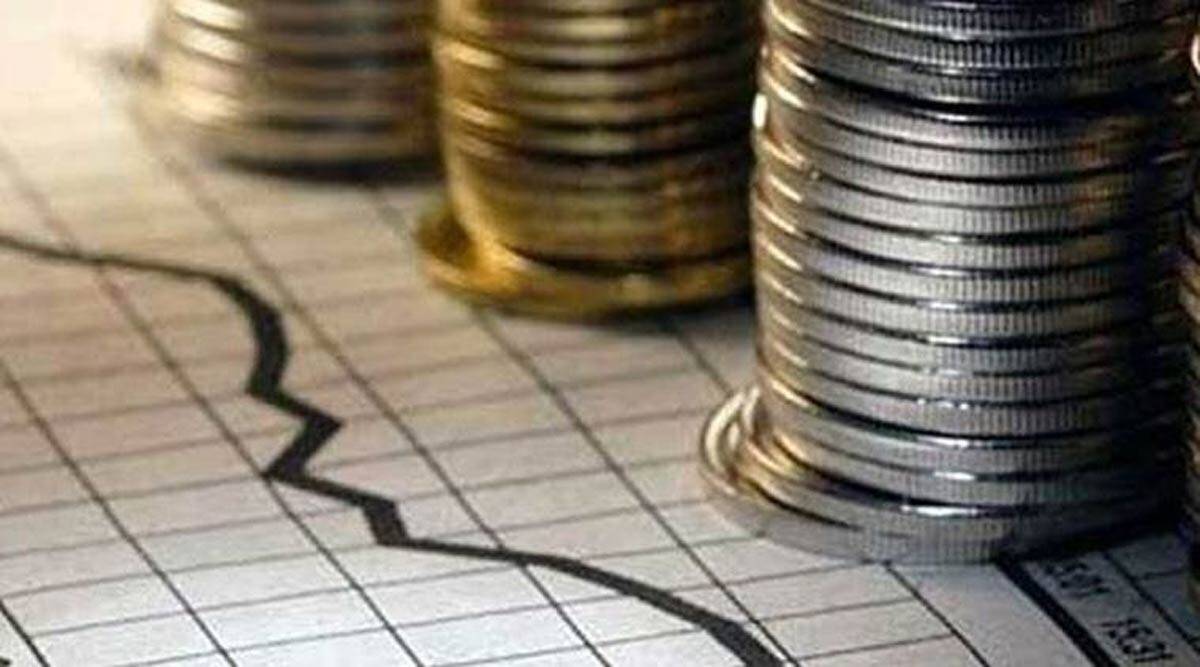 Tax reforms can be tricky during an economic downturn. As is seen, different sectors have shown divergent responses to the pandemic. File
Tax reforms can be tricky during an economic downturn. As is seen, different sectors have shown divergent responses to the pandemic. File The Economic Survey 2021-22 reveals fissures in the economy. While high frequency indicators hold promise of India’s swift rebound, there are signs of the unequal nature of this recovery. The service sector is limping back to pre-pandemic levels as agriculture and manufacturing carry the weight of the recovery. On the demand side, weak private consumption remains a concern. This contrasts starkly with a record increase in the operating profits of corporates and increase in prices, including that of equity and housing.
Though the troughs in economic activity from repeated lockdowns are now less pronounced, it is a moment to reflect if the worst has passed. Tax collections, often used as an indicator of the health of the economy, provide an incomplete picture. Buoyant direct tax revenues signal that incomes of taxpaying population are resilient. However, the impact of the pandemic on the non-tax paying population remains unmeasured. Taxpayers expect reliefs while there is pressure to ramp up social sector spend. These competing interests leave the government in a bind. Knowing well that fiscal consolidation is expected of it and no new source of tax that can pay for the full cost of recovery, the government has adopted a safe approach to the budget. The budget announcements signal the growing importance of administrative reforms and an inordinate focus on the financial sector.
A 30 per cent tax has been introduced on virtual assets. In the past, capital gains taxes were collected on the transfer of virtual assets. But the policy was ambiguous. Bringing clarity to it, the Finance Bill has defined virtual assets and prescribes the manner in which the tax will be applied. It is interesting to note that the rate of tax applied is the same as the highest rate of the income tax slab and exceeds long-term capital gains on assets such as land and debt. It is reasonable to infer that the asset class is not treated on par with “real” assets and the intent of the tax is more regulatory rather than to raise revenue. The income tax department also seeks to gather information on the size of the market and transactions. In order to do so, a withholding has been imposed on any payment made to a resident against transfer of asset. Practical challenges remain with the application of these provisions to transactions with non-residents.
Tax litigation is often compounded by multiple appeals on an identical matter. This clogs the judicial system and results in protracted disputes. To deal with the uncertainty, the collegium can now prevent the income tax department from appealing against an unfavourable order of a tribunal or high court, when a similar matter of law is pending before a high court of the Supreme Court.
The Finance Bill also introduced the option for a taxpayer to submit an updated return within two years of the assessment year. The taxpayer must pay an additional tax of 25 per cent on incomes not reported within one year and 50 per cent for incomes reported thereafter. This a unique system where a taxpayer can update a return but not in cases where such revision generates a refund or is under scrutiny. The system of correcting a return is available in countries such as UK; what is unique to India is that it does not allow for downward revision of income. A likely fallout of this change is that taxpayers anticipating higher risk scrutiny may opt for this provision to report undeclared incomes as a pre-emptive measure.
Tax reforms can be tricky during an economic downturn. As is seen, different sectors have shown divergent responses to the pandemic. With a limited set of instruments available at its disposal, the government has focussed more on administrative changes so as to reduce disputes and lower unrealised taxes. This does not mean that status quo will prevail in future budgets. The unequal impact of the pandemic requires tax policy to be calibrated in the coming years to step up spend to support weak demand. As the signs of normalcy appear, the government will need to find ways to raise taxes. With dividends taxed in the hands of individuals and in a time of bumper corporate profits, the government could explore upward revision of the corporate tax rates.
The writer is assistant professor, NIPFP
- The Indian Express website has been rated GREEN for its credibility and trustworthiness by Newsguard, a global service that rates news sources for their journalistic standards.

